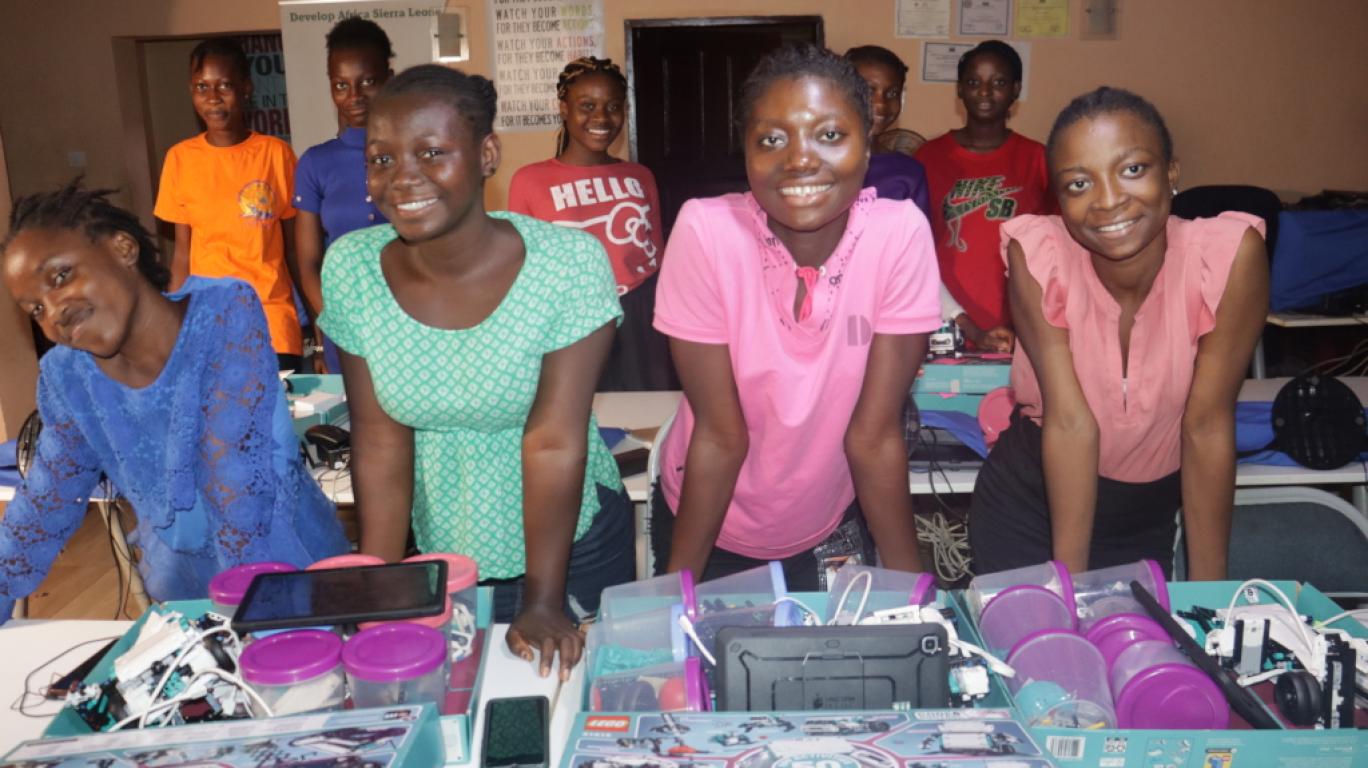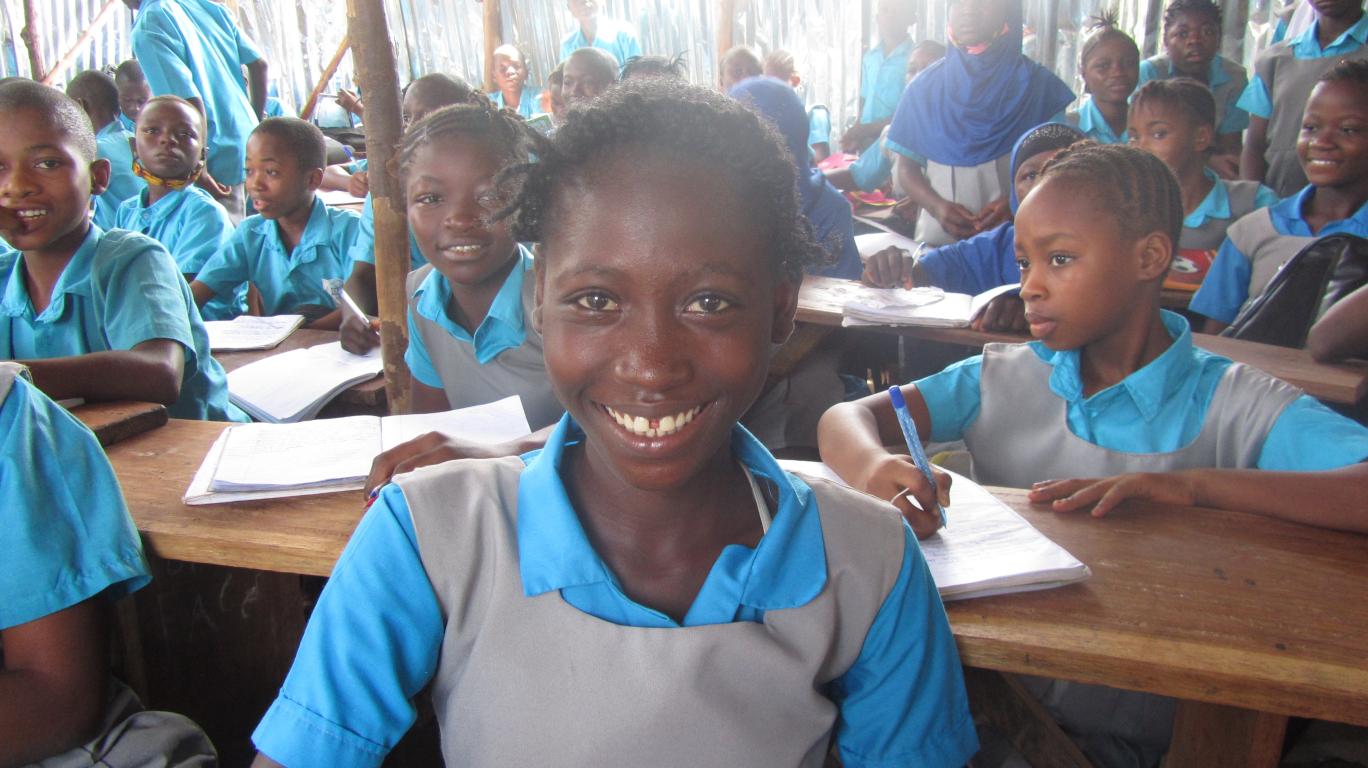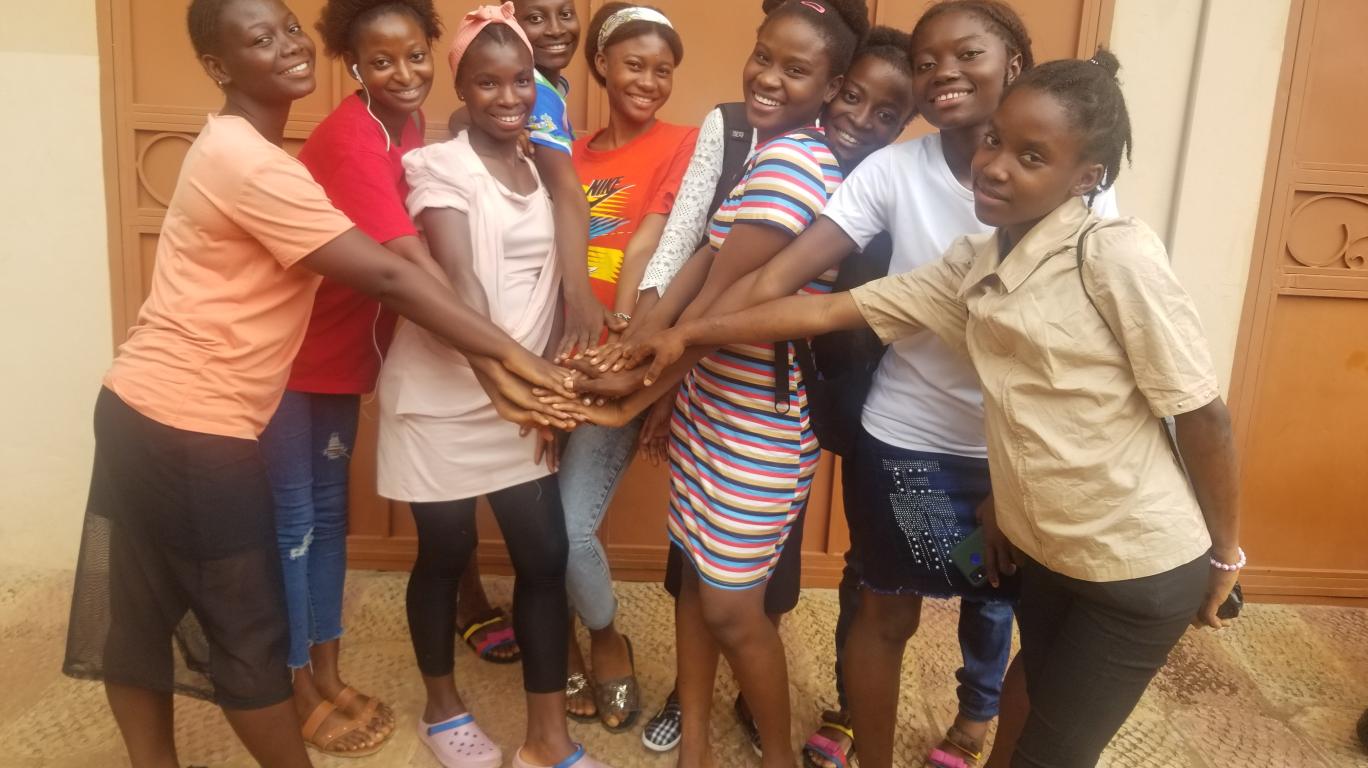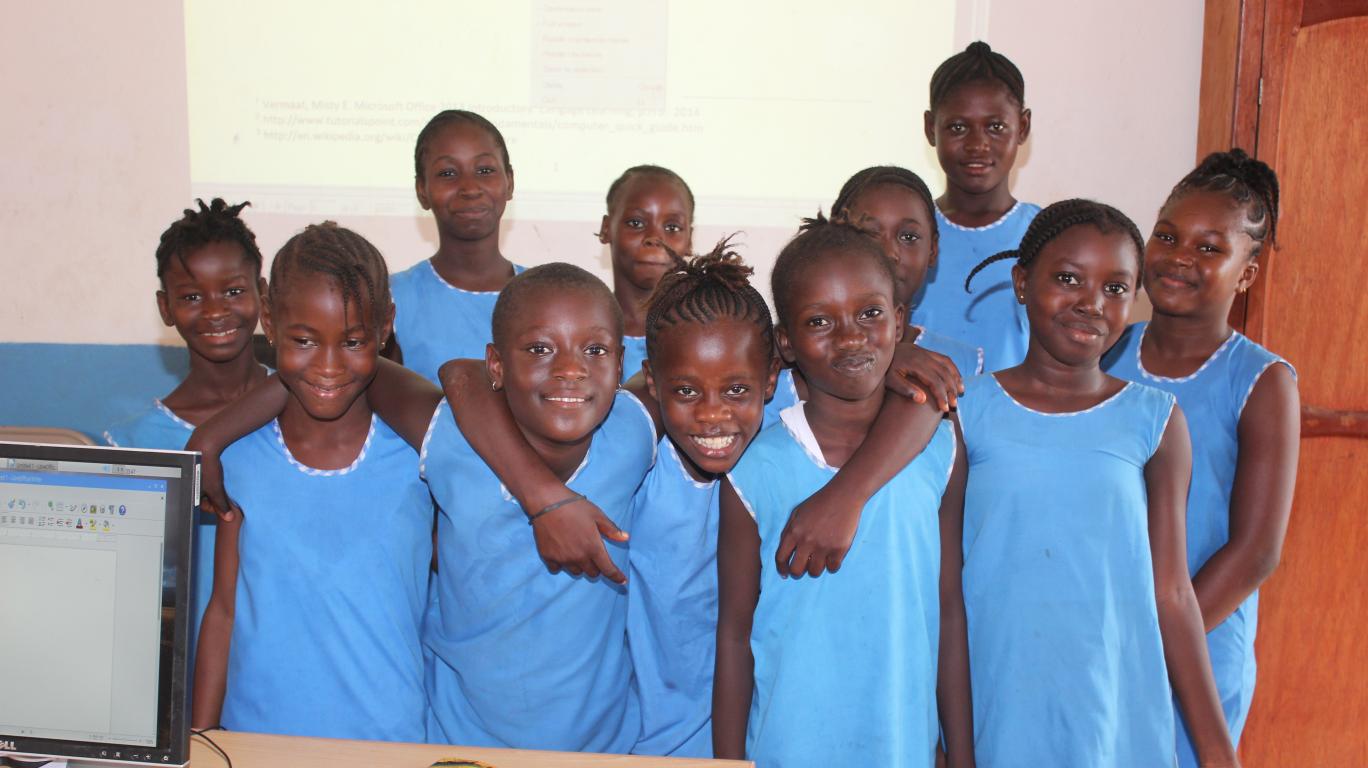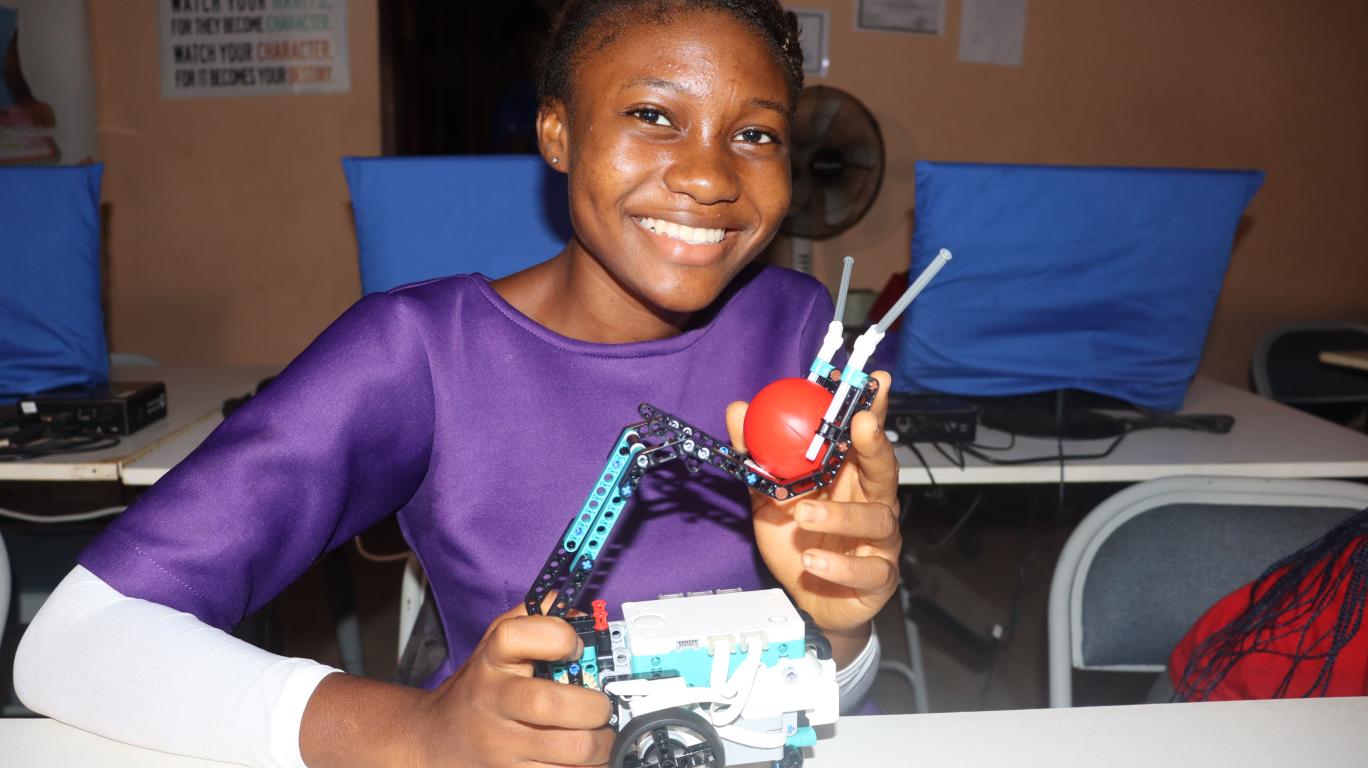Empowering Girls & Women
In Sierra Leone, as in many parts of the world, girls' education plays a pivotal role in driving societal progress, fostering economic development, and promoting gender equality. Despite significant strides in recent years, barriers to girls' education persist in Sierra Leone, making it crucial to understand and address the importance of prioritizing girls' education in the country.
Of all regions, sub-Saharan Africa has the highest rates of education exclusion. Over one-fifth of children between the ages of about 6 and 11 are out of school, followed by one-third of youth between the ages of about 12 and 14. According to UIS data, almost 60% of youth between the ages of about 15 and 17 are not in school. Girls education is a major priority. Across the region, 9 million girls between the ages of about 6 and 11 will never go to school at all, compared to 6 million boys, according to UIS data. Their disadvantage starts early: 23% of girls are out of primary school compared to 19% of boys. By the time they become adolescents, the exclusion rate for girls is 36% compared to 32% for boys. (UNESCO, 2021)
How are We Empowering Girls & Women?
Our efforts are centered on providing girls with the support and resources they need to continue their education and thrive. Financial assistance is provided to alleviate the financial burden of schooling, while targeted training equips girls with essential life skills and a mindset for success. Through vocational and business opportunities, we ensure that girls and women progress toward self-sufficiency, breaking free from the cycle of poverty.
"The empowerment of women is the most effective tool for development." - Kofi Annan
1. Educational Support- Scholarships help cover tuition and school materials, ensuring that financial constraints do not hinder girls' access to education.
2. Higher Education - In Sierra Leone, girls face the challenge of limited or no access to student loans and limited availability of scholarships. In many or most cases, first-year students are required to pay the full year's tuition at the start of the year. For most students, this financial requirement is impossible. The need for this support includes our current college students, recent graduates of the West African Senior School Certificate Examination (WASSCE) who are applying to colleges, and students who will soon become eligible to enter college.
3. Mentoring: girls' mentoring sessions were started in 2021 to equip girls and young women with essential life skills and knowledge. Mentoring sessions to date have covered many topics including Adolescent reproduction and relationships, Personal hygiene and self-care, Entrepreneurship, Peer pressure, Leadership, Public speaking, mental health, Self-esteem and Goal setting, Time Management, Smart thinking and Leadership, STEM Lego project, Financial Literacy, Drug abuse, Beadwork, Make-up artistry, Public relations & Marketing strategies, and Debate and quiz competition. The impact of these mentoring sessions has been significant. By addressing issues affecting women and girls' education in Sierra Leone and improving the girls' mindset on matters affecting them, the sessions have motivated beneficiaries to prioritize education before marriage, lowering illiteracy rates among women and girls in the country.
4. Workforce Empowerment: Including equipping girls with computer training, business development training to help girls start or expand businesses, and vocational training which provides job-related training in skills such as sewing/tailoring, cosmetology, baking, Gara/Tie Dying, and soap making, enhancing employability and income-generating opportunities.
5. Health & Well-Being: Providing food support and malaria prevention through bed nets
Long-Term Impact
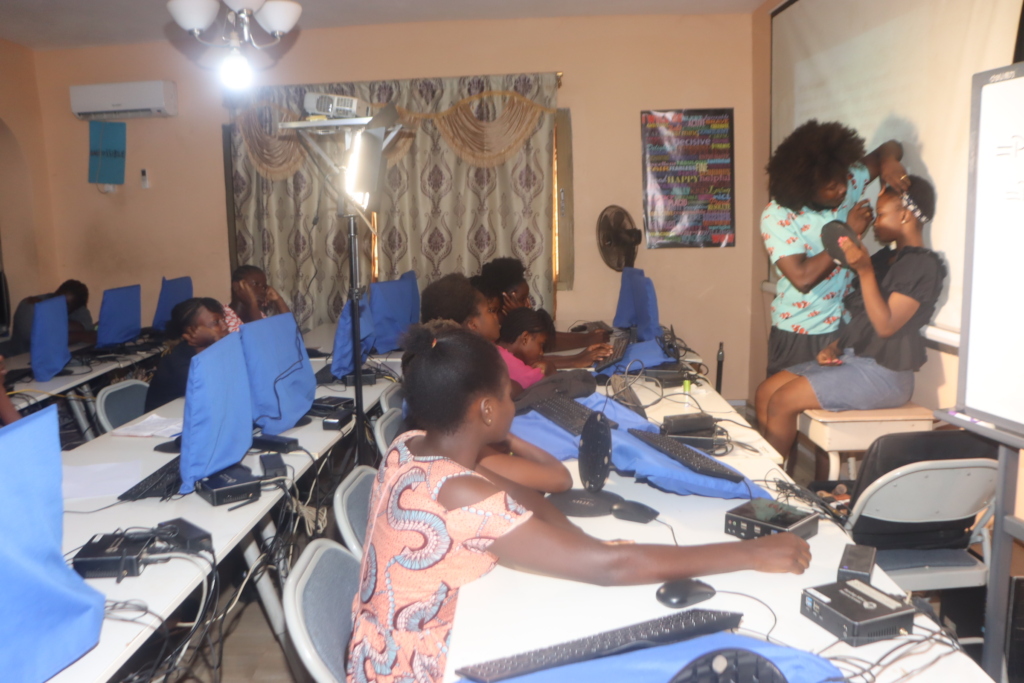
The long-term impact of our initiatives is profound. By investing in girls' education, we break the cycle of poverty and empower girls to become emancipated, gainfully employed, and self-sufficient women. As Kofi Annan aptly stated, "To educate girls is to reduce poverty."
Educated women are key pillars of society, driving positive outcomes in health, well-being, and economic prosperity. As mothers, they play a crucial role in shaping the future generation, ensuring healthier, better-educated, and empowered children.
UNICEF underscores the transformative power of girls' education, "Investing in girls’ education transforms communities, countries and the entire world. Girls who receive an education are less likely to marry young and more likely to lead healthy, productive lives. They earn higher incomes, participate in the decisions that most affect them, and build better futures for themselves and their families.
Girls’ education strengthens economies and reduces inequality. It contributes to more stable, resilient societies that give all individuals – including boys and men – the opportunity to fulfill their potential."


